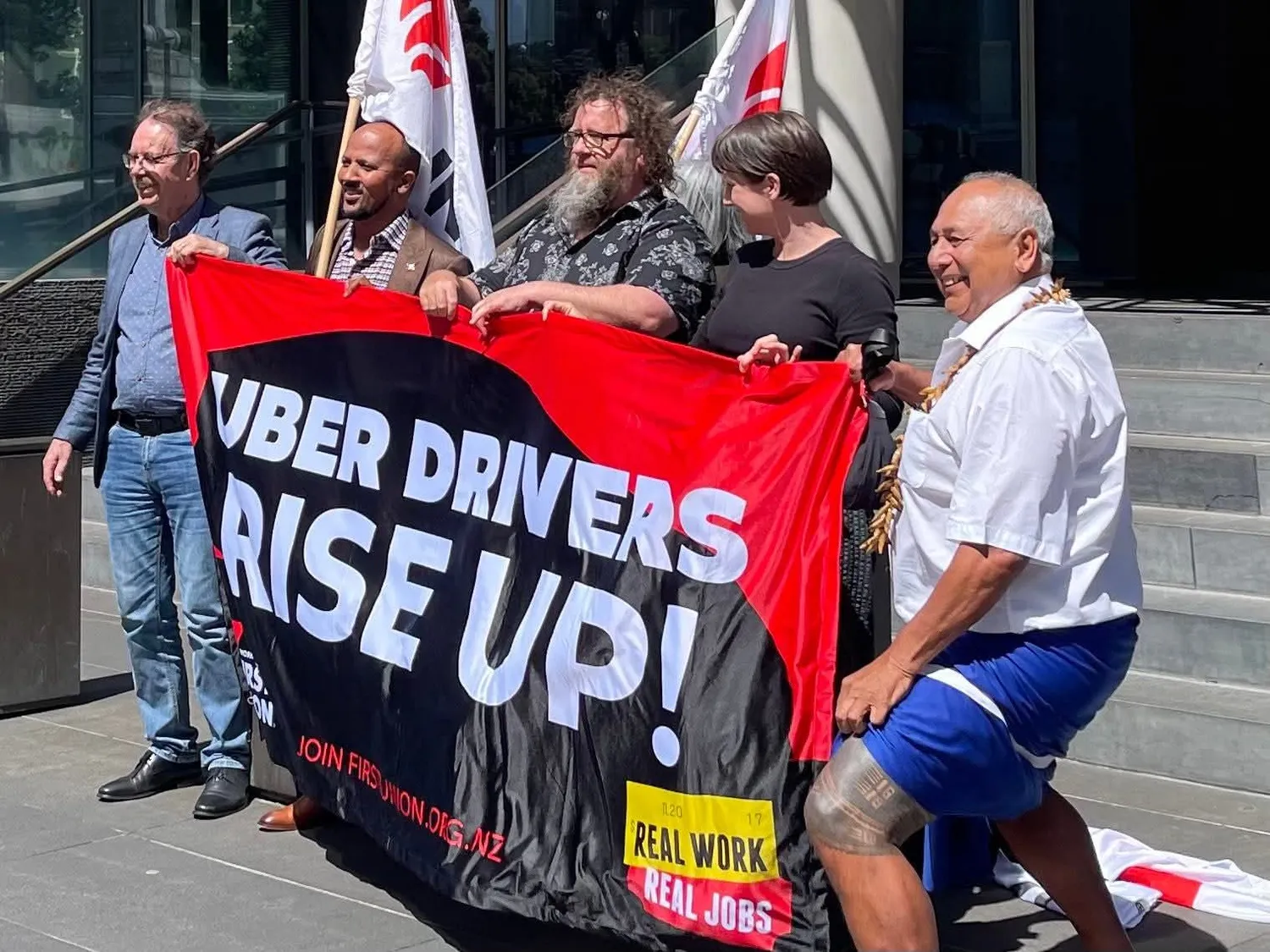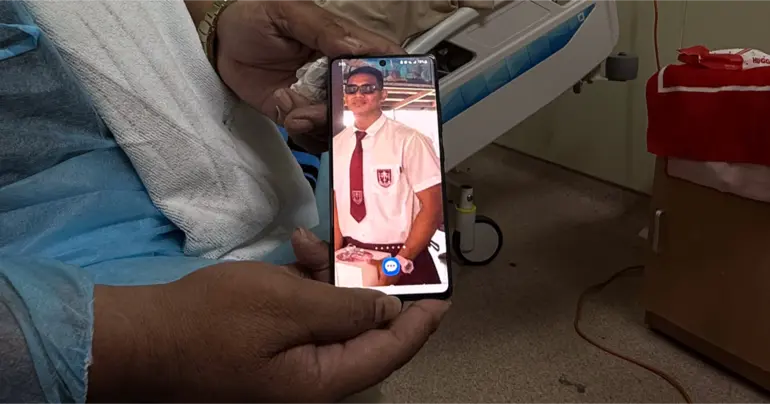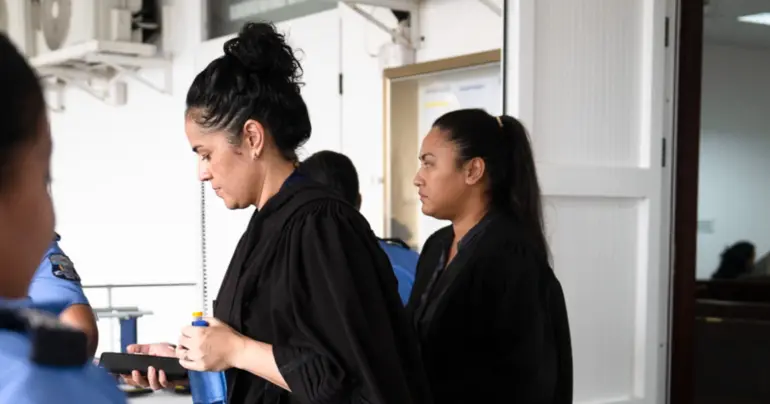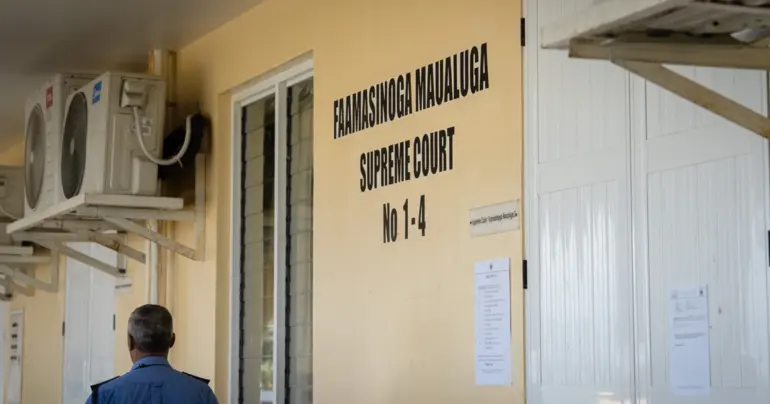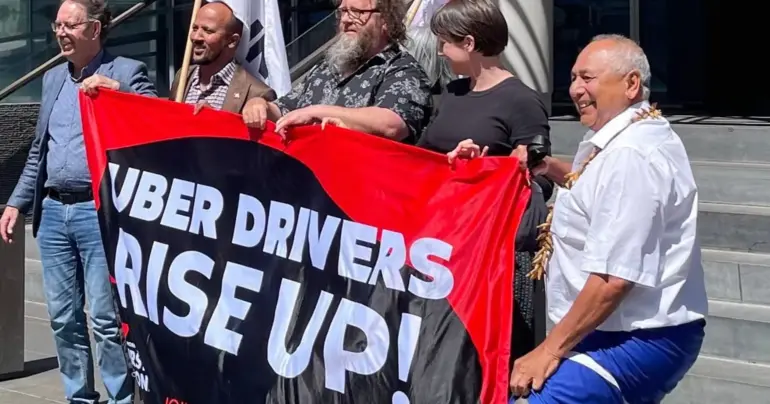Samoan wins landmark case in NZ
Samoan Uber driver, Lalogafau Mea’ole Keil, has won a landmark Supreme Court case, where it was ruled that Uber drivers in New Zealand are employees, not independent contractors.
Uber had urged that it only provides a platform and does not control drivers who run their own business.
The Pacific Media Network reported that the court rejected that claim, stating that drivers are tightly integrated into Uber’s operations and have little realistic ability to operate independently. While the ruling applies only to the four drivers in the case, it could have far-reaching effects for New Zealand’s 11,000 Uber drivers.
“What they were advertising and what they were actually doing was ripping people off,” Lalogafau told Pacific Mornings. “Now that we’ve been classified properly as workers, the hard work is for Uber to sit down and try to get our entitlement, our holiday pay.”
Workers First Union, which represented the drivers alongside E tū, welcomed the decision. Anita Rosentreter, the Deputy Secretary of the Workers First Union, told Radio New Zealand the judgment will affect drivers’ tax and reporting obligations.
“Uber drivers have to date been responsible for their own tax compliance. Where the contractor system allows expenses to be deducted from taxable income, an employment [judgement] not only requires those costs to be borne by the employer, but also significantly boosts driver income as drivers enjoy the protection of a wage floor,” Rosentreter said.
She adds that higher base wages and protections such as sick leave and annual leave will matter more than the ability to claim expenses.
Lalogafau grew up in Tuaefu and has family links to Afega and Manono. He holds the matai titles of Lalogafau, Tupua, and Tuifa’asisina from Nofoali’i, Asau, Vailoa and Palauli.
Before becoming an Uber driver, he represented cleaners and hospital staff with a service and food workers' union. He said the fight goes beyond pay and political opinions.
“The reason why I put my hand up, the thing that kept me going, is my children, grandchildren, every other child in the future. This can't happen to them. It's not Team Blue versus Team Red.”
Lalogafau said the legal battle is not over, as the Government is considering changes that could favour companies over workers.
“The people voted for them, but they seem to be listening to somebody else, and that's the danger of what this is all about. We have to go and participate in the system, otherwise, our future is in jeopardy and everything will be ruled by somebody else out there,” he says.
“This [Government] is not listening to the people… this also affects the poor guys out in the couriers and that… all this legislation covering people like the courier drivers and that sort of work, the gig economy. We're not just somebody out there, we are people, and as people, we deserve a proper employment relationship as workers of these companies.”
Lalogafau hopes the ruling will encourage other gig economy workers to demand fair treatment.




